I really can’t believe this story.
Stories like this one leave me feeling healthcare is still so miserably failing people. Our voices are not being heard.
I began this website in 2011 because the lived experience of Pudendal Neuralgia and the management and treatment of chronic pain for individuals by healthcare professionals was grim.
Feeling my advocacy efforts weren’t necessary, thinking there were enough voices in social media to ensure that individuals and the industry were being educated, the last thing I expected was a story like this.
This recently featured story on The Project indicates that the situation regarding the management of chronic illness is dire and the healthcare professionals who should be helping – especially regarding antidepressant medications offer no hope.
What angers me most is seeing people alone and unable to get the right help from a professional and from the industry that is paid to do just that.
The focus is still not on care and rather on making money off the backs of those who need care most.
That GPs are not trained to help people navigate their way out of dependency is a disgrace.
That pharmaceutical companies make one-size-fits-all doses of their meds is a sign their focus is still on making their customer dependent – forgetting their customers are humans!
While we watched this story, Theo questioned why pharmaceutical companies couldn’t just make smaller doses of medications.
We are not all the same.
There is only one answer: ‘Pharma isn’t interested in people coming off meds; they’re only interested in keeping them on meds.
It’s a one-way street without a great end.
Criminal!
We know it’s criminal – we’ve seen a lot of media about pharma companies making billions off the backs of people dying and ending up in worse states than they were when they initially sought help.
My experience
Between 2012 – and 2013, I was advised to try a little Endep and team it up with nerve block treatment to see if that could help me travel.
I was given a 10ml tablet and prescribed to take it daily and ‘increase the dose as required’.
I chopped that tablet, starting with 1/4 of the 10ml tablet every second day and working my way up very slowly.
I arrived at a very strange dose (not even 10ml per day), but it worked for me at the time.
During theatre prep for a nerve block, an anaesthetist asked me how I had arrived at such a dose.
I answered, ‘Because my hellish experience from when I was first prescribed Lyrica, Tramadol, Lovan, etc, earlier in my medical odyssey had nearly sent me off the edge’.
I didn’t know who I was, let alone how I was when taking meds, and the massive doses and combinations prescribed to me were unsafe.
How fortunate I was to identify this. Not many can. The meds don’t leave you much brain space.
I was becoming depressed. I had never experienced depression until then (and not since). And I never had any suicidal thoughts, but the meds steered me straight to this terrifying place.
Even paediatric doses of one of these medications were horrific enough for me.
The hallucinations as a result of taking Endep have only just eased, and I stopped Endep nine years ago.
Does any professional understand this, and can they explain it? No!
Are you a health professional?
Please do your homework and learn how to help people deprescribe.
Offer the answers and support; if you can’t, find out where patients can get the help they need and direct them to it.
This is care!
Seek training—it exists, I know; I’ve attended training sessions for GPs who wanted to learn more about the management and treatment of chronic illness (My Lived Experience at CODA Conference, Murray City Coast Country GP Training and Soula Presents at the RACGP Chronic Disease Workshop).
To think the healthcare industry has not addressed deprescribing is more than a letdown. It confirms that my 4.5-year medical odyssey is still not surprising, even today 12.5 years later.
It’s obvious overprescription hasn’t been addressed, just look at how many people can’t work or live their lives and why thousands of people have ended up worse after seeking healthcare!
It’s just shameful.
Thank you to The Project for telling the story and to the brave individual who shared his experience.
I wish you the strength you need to get for the remaining part of your prescription battle – clearly, you will do it! And I hope you can restore your quality of life.
Where is justice for the impact of poor healthcare on our lives?


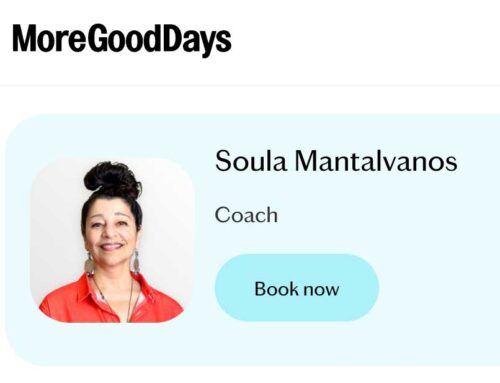
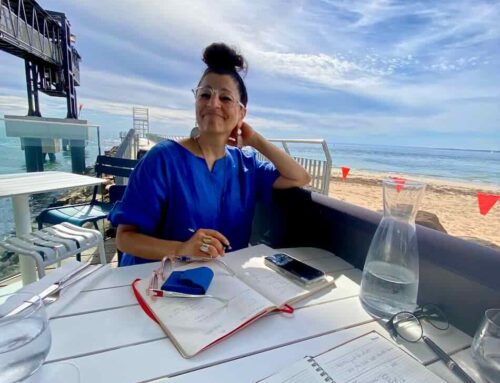

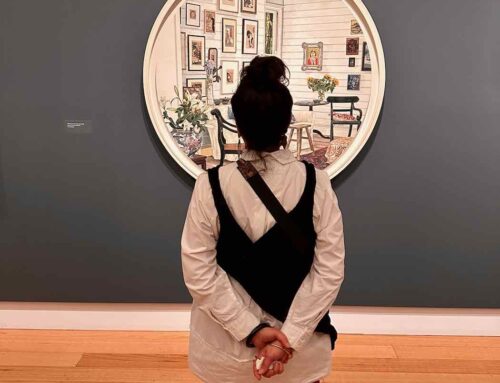
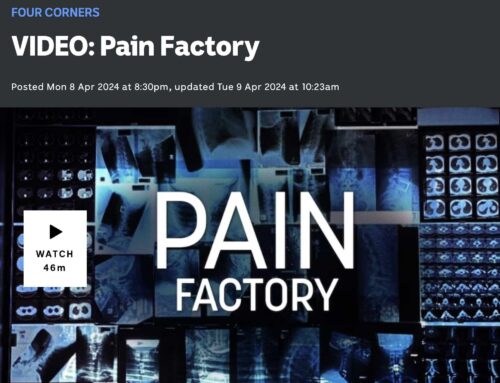
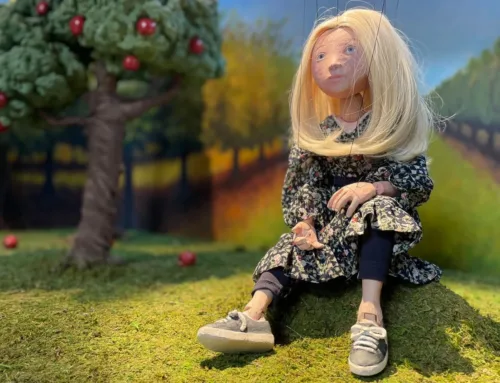
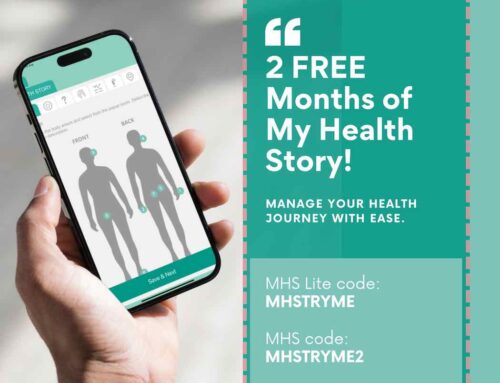
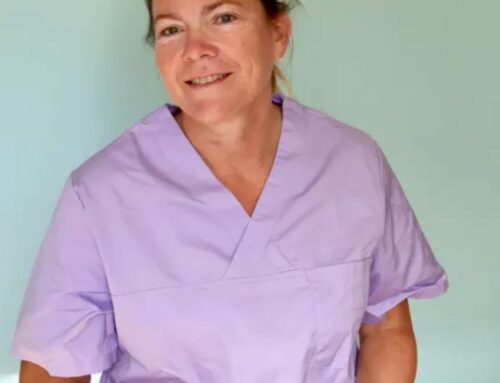
Leave A Comment